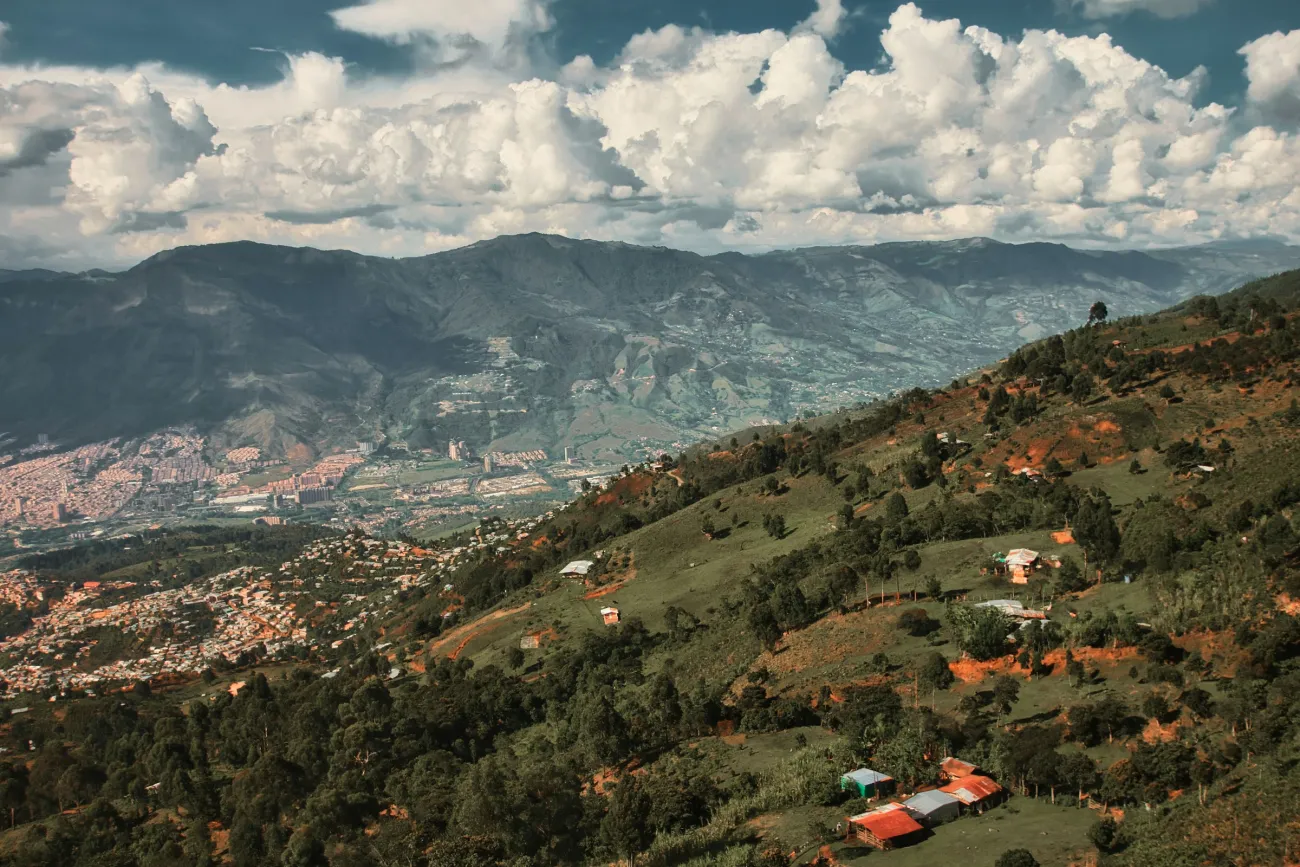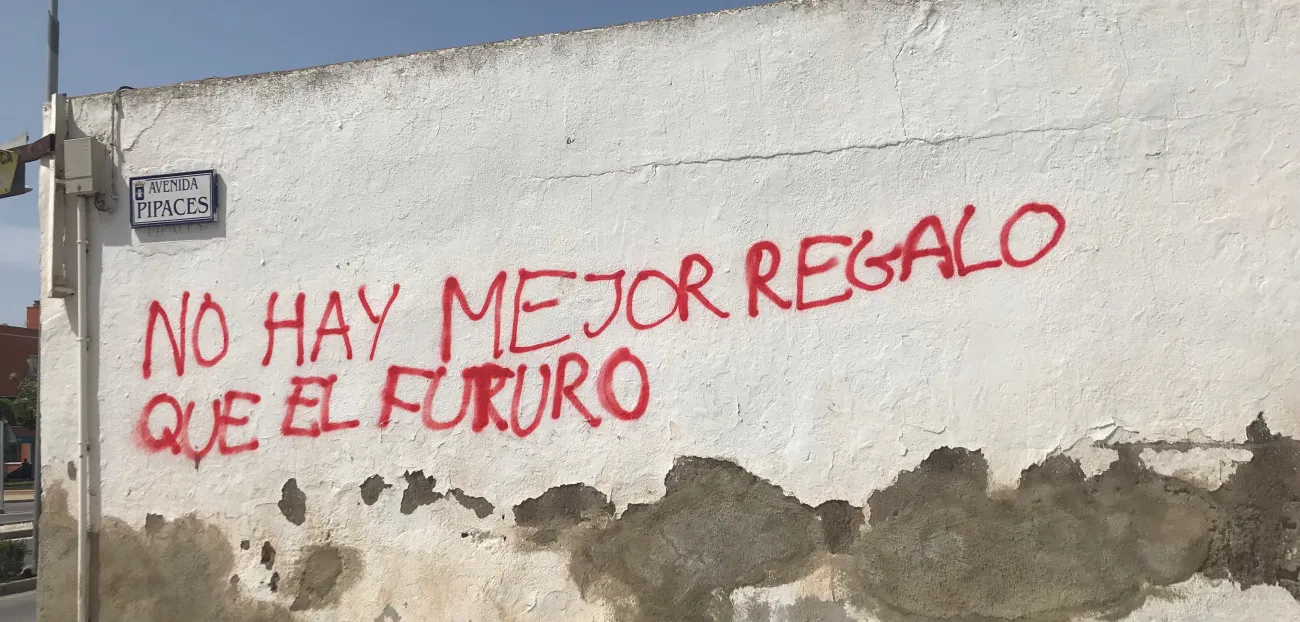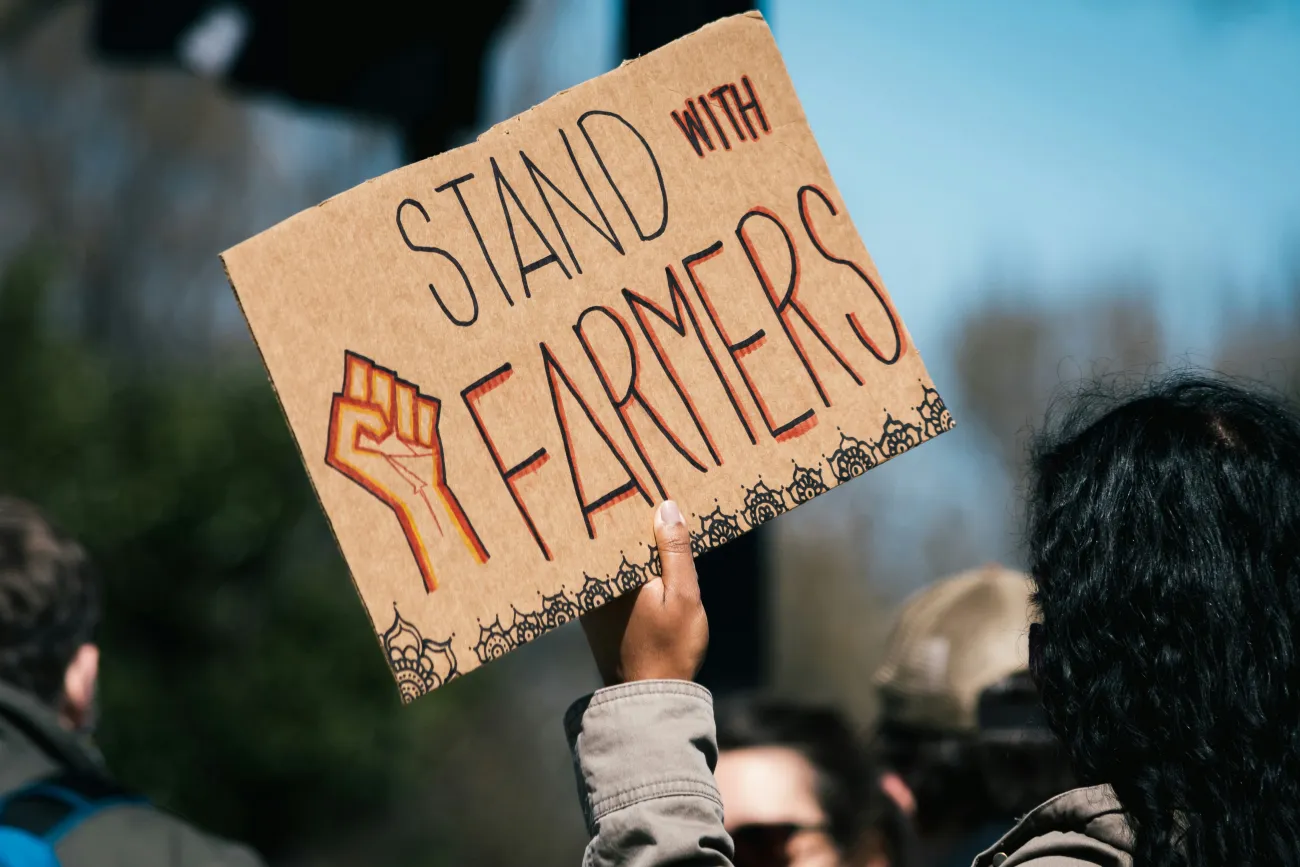Episode summary
Have you thought about the system of trade that stocks food at your market or grocery store? Do you wonder if that system of global food trade, where 25% of all agricultural products are now traded internationally, is a vulnerable or resilient one? Rob Bailey, climate director at Marsh & McLennan, has examined how potential disruptions to trading routes can have severe impacts on global food security.
Rob Bailey lays out the worst case scenario that could lead to a global food catastrophe. And while he paints a terrifying picture, we find that most parts of global food trade stood up remarkably well to the COVID-19 pandemic. We discuss recommendations to increase resilience in our global food system and more.
About Rob Bailey
Rob Bailey is the director of Climate Resilience at Marsh & McLennan (MMC) where he analyses the implications of climate change for policymaking and business operations and strategy. Rob has over twenty years of professional experience spanning consulting, policy and research, having worked with numerous corporations, financial institutions, governments, international organizations and NGOs on climate change and sustainable development issues.
Prior to joining MMC, Rob was Director of the Energy, Environment and Resources Department at Chatham House; before that he was head of economic and climate policy at Oxfam.
Background reading and resources
Chatham House report: Chokepoints and vulnerabilities of global food trade
Blog post by Tim Benton: 'Food security, trade and its impacts'
ResourceTrade.earth - a database of food and agriculture trade commodities and inputs



Comments (0)